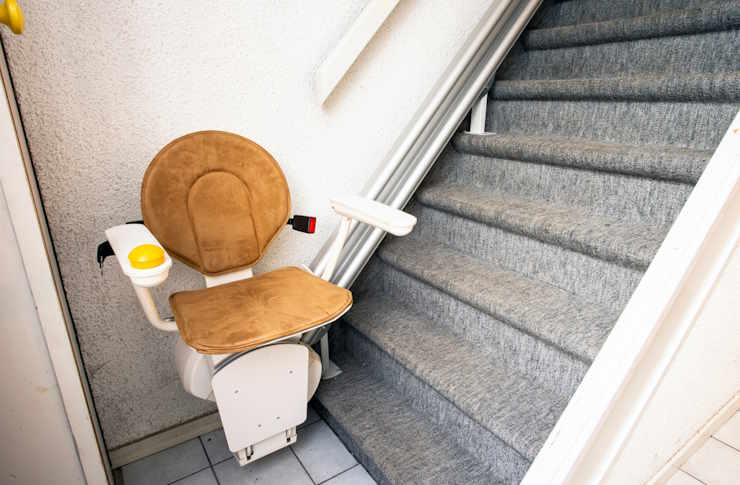Family Nurse Job: Role, Responsibilities, and Career Path
A family nurse provides ongoing care for individuals and families across life stages, combining clinical skills with patient education and coordination. This article outlines typical duties, required qualifications, and workplace relationships relevant to a family nurse role. This article is for informational purposes only and should not be considered medical advice. Please consult a qualified healthcare professional for personalized guidance and treatment.

What does a family nurse do in healthcare settings?
A family nurse delivers primary and preventive care within community, clinic, or hospital-linked healthcare settings. Typical duties include health assessments, management of chronic conditions, vaccination coordination, and patient education on lifestyle and medication adherence. The role often emphasizes continuity—seeing patients and families over time to support health goals and early intervention.
Family nurses frequently perform care planning and follow-up, track health metrics, and act as a point of contact between patients and other members of the care team. They balance clinical tasks with communication, helping people navigate referrals, screenings, and routine medical needs in a way that supports long-term wellbeing.
How does a family nurse collaborate with doctors and hospitals?
Family nurses work alongside doctors, specialists, and hospital staff to ensure cohesive care. In clinic settings they may prepare assessments that inform physician decisions, and when care escalates they coordinate hospital admissions, discharge planning, and post-discharge follow-up. Clear documentation and timely communication with doctors are essential to reduce gaps in care.
In hospital-associated outpatient programs, family nurses help translate hospital plans into community-based actions, such as scheduling follow-ups, arranging home care, or monitoring recovery. Their role often bridges institutional care and community support, which can reduce readmissions and improve patient outcomes through consistent oversight.
What medical skills and clinical duties are common?
Clinical competencies for family nurses include comprehensive health assessments, routine diagnostic testing (blood pressure, glucose checks), wound care, immunizations, and chronic disease management protocols. They must also be proficient in medication reconciliation, basic procedures, and recognizing signs that require urgent doctor review or hospital transfer.
Beyond hands-on medical tasks, family nurses apply clinical judgment to triage symptoms, refer to specialists, and implement preventive care strategies. Strong documentation practices and familiarity with electronic health records support safe clinical decision-making and continuity across multiple medical providers and care sites.
How do you become a family nurse?
Typical entry points include registered nurse (RN) licensure following an accredited nursing program and passing the national licensing exam. Many family nurses hold a Bachelor of Science in Nursing (BSN) and pursue specialty certifications or continuing education in family or primary care topics. Advanced practice roles, such as Family Nurse Practitioner (FNP), require a graduate degree and extended clinical training.
Licensure and scope of practice vary by country and state, so prospective candidates should verify local regulatory requirements. Continuing professional development—through workshops, certifications, and supervised clinical experience—supports competence in medical management, preventive care, and coordination with doctors and hospitals.
What career paths and local services exist for family nurses?
Family nurses may work in community health centers, private practices, school health services, public health departments, and hospital outpatient clinics. Some focus on population health programs, maternal and child health, or chronic disease clinics. Others move into education, quality improvement, or administrative roles that shape local services and clinic workflows.
Opportunities in your area depend on regional healthcare structures; hospitals and clinics often seek nurses who can manage panels of patients and support primary care teams. Employers typically value experience in patient education, care coordination, and collaboration with multidisciplinary teams rather than specific job listings or immediate openings.
This article does not list or imply the presence of specific, active job opportunities. It describes roles and career paths so readers understand the nature of family nurse work without expecting direct job placements from this content.
Conclusion
A family nurse role combines clinical skills, patient-centered communication, and coordination with doctors and hospitals to deliver continuous care across life stages. The pathway typically involves nursing licensure, ongoing education, and experience in outpatient or community settings. Responsibilities and scope vary by location and employer, so checking local regulatory requirements and healthcare organizations’ expectations helps clarify the exact responsibilities for roles in your area.




